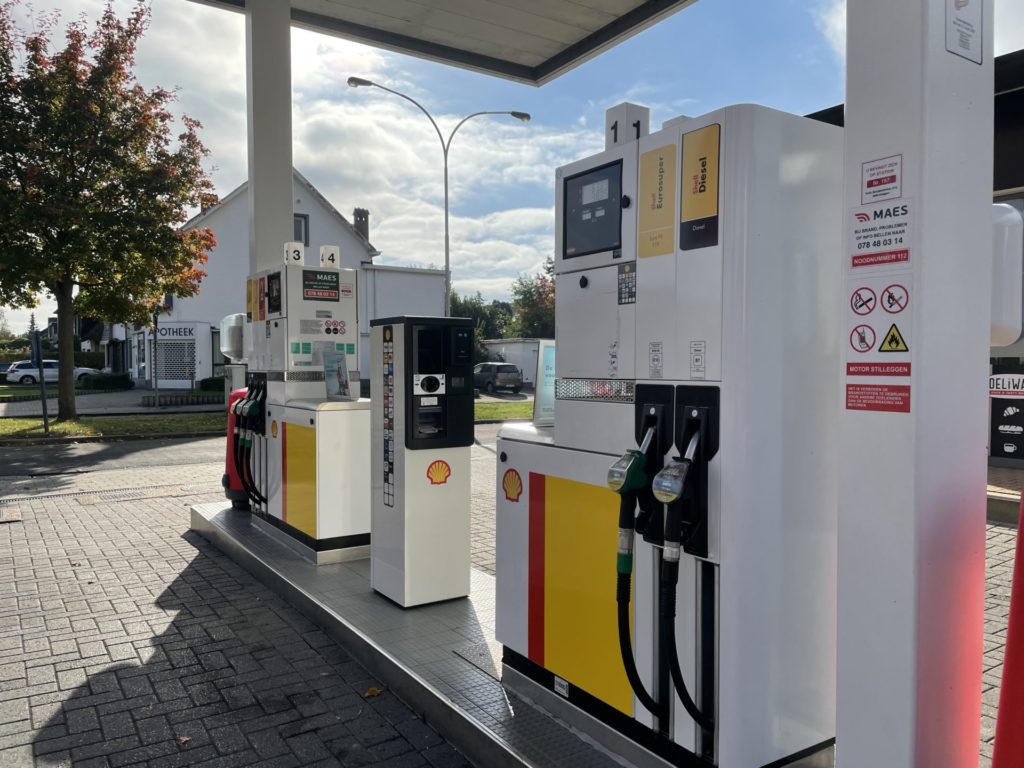Belgium should abolish its system of maximum prices for most oil products, including fuel oil, as soon as possible, advises the International Energy Agency (IEA) in a review of the country's energy policy.
The current system, in which the government sets the maximum prices for petrol and diesel, among other things, hinders competition and the introduction of renewable fuels, the IEA said in an extensive and critical review.
"Price caps are currently set for gasoline, diesel, heating oil, kerosene, propane, heavy fuel oil and LPG (except LPG sold in bottles or mobile containers)," the Agency said. In most IEA member countries, however, such price-setting mechanisms have long disappeared, "resulting in dynamic retail markets for transport fuels without negative impacts on consumers."
The price-setting mechanism results in additional administrative burdens and costs for the Federal Government and Belgium’s oil companies while providing no clear benefits. While these capping mechanisms were implemented to make sure prices do not skyrocket, Belgium’s prices for diesel and gas are among the highest in IEA member countries.
Related News
- European gas price drops to lowest level since start of Russian invasion
- Short showers, discounts and cheap buses: how other countries tackle Europe's energy crisis
- Explainer: What shutting off Russian gas would mean for Belgium
Another noted disadvantage of the mechanism is that it is also a "potential barrier" to the adoption of sustainable biofuels and other new low-carbon fuels as they lack a reference price.
Previously, the IEA has consistently recommended that Belgium abolish the maximum price mechanism (most recently in the 2016 and 2013 energy policy reviews), and the sector itself also prefers a free market pricing system.
Only recently, it emerged that the system of maximum prices forced petrol stations to sell fuel at a loss, although this is prohibited by law. "The Federal Government should abolish the price-setting mechanism," the IEA stressed.
Overall, the IEA is rather critical of Belgium's energy policy in its 151-page-long report. In his foreword, IEA chief Fatih Birol states that despite "notable successes in advancing the clean energy transition," Belgium remains heavily reliant on fossil fuels.
Recommendations
Currently, the government forecasts that fossil fuel demand will continue to increase at least through 2030. "All sectors have considerable work ahead of them to meet the country’s targets for increasing the share of renewables and reducing emissions," Birol added.
The IEA report contains a number of recommendations, one of which is the abolition of maximum prices for fossil fuels. Above all, Belgium must urgently adjust its national targets, as the European Union has increased its climate ambition to a 55% reduction in emissions by 2030.
Reform of energy support to vulnerable households in the direction of more renewable energy consumption is also recommended, as is a reform of energy taxes, including stripping the price of electricity of a host of levies and taxes.
The fact that electricity is expensive in Belgium, while gas was relatively cheap (until recently), hinders the energy transition, according to the IEA.
The procedures for infrastructure works are now "too cumbersome," which promotes slowness and slows down the energy transition. In particular, the Agency warned, the connection of the second wind zone in the North Sea must not be delayed.

